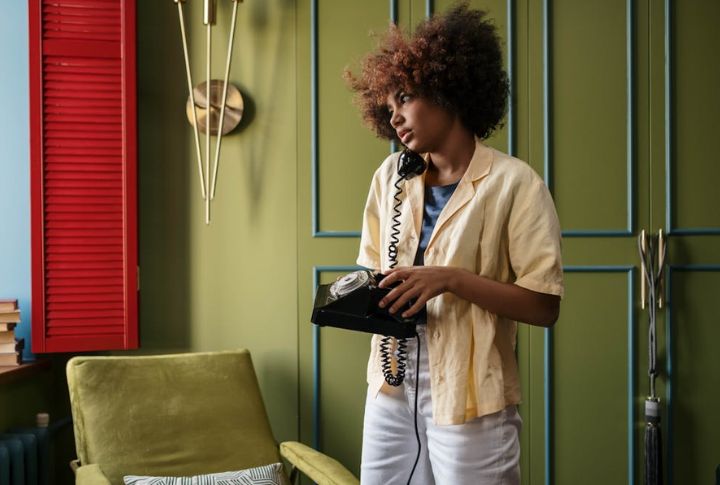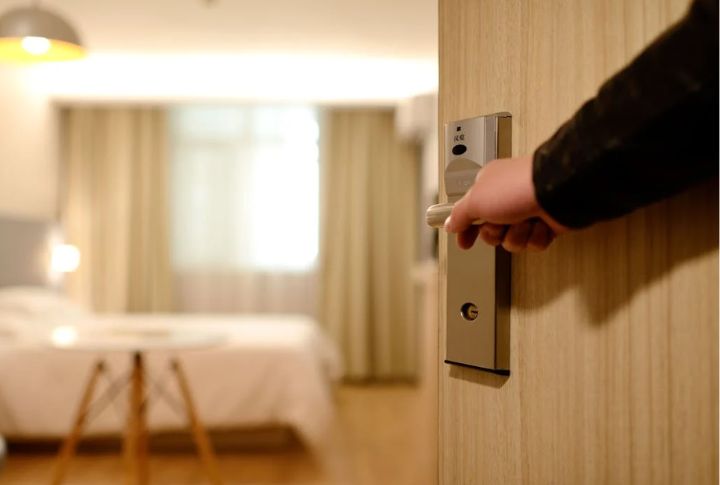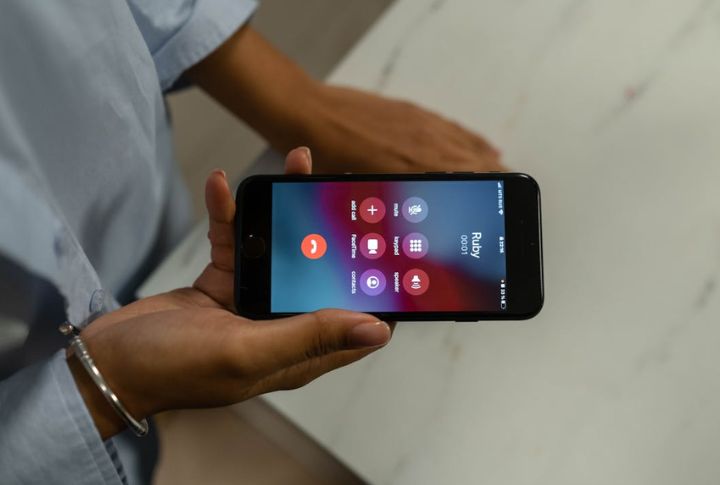News
20 Polite Habits From The Past That Feel Strange To Gen Z

Many traditional social habits, once considered the gold standard of good manners, have taken a backseat in today’s tech-driven world. For Gen Z, who are raised on texting over talking, these once-common courtesies can feel oddly formal or completely outdated. Let’s take a look at 20 polite gestures from the past that now spark more curiosity than conformity among this generation.
Addressing Adults As “Sir” Or “Ma’am”

Gen Z views this as overly formal and associated with outdated power structures. It’s often mocked online as “Boomer speak” and mostly survives in select regions of the Southern U.S. Many prefer neutral greetings or simply using first names, aligning with modern egalitarian values.
Waiting For Everyone To Sit Before Eating

This custom feels unnecessary to many Gen Zers, who often eat while multitasking or streaming. Group meals aren’t as common, and casual dining rules dominate. The idea of waiting is seen as performative or impractical, especially when hunger and convenience take priority.
Saying “Excuse Me” Before Interrupting

In fast-paced online and real-world settings, Gen Z tends to favor direct speech. Saying “excuse me” can feel slow or overly rehearsed. Also, texting rarely includes formal phrases, and digital spaces encourage quick responses over traditional manners that seem excessive or outdated.
Standing When Someone Enters The Room

Gen Z rarely practices or expects this. It’s tied to formal or military traditions, seen as theatrical and archaic, and it’s generally considered an outdated sign of respect that no longer fits modern social dynamics. Today’s norms emphasize verbal acknowledgment over physical gestures.
Sending Handwritten Thank-You Notes

Texts or DMs have largely replaced paper thank-you notes. Gen Z finds them inefficient and environmentally wasteful. With fewer people keeping stationery on hand, this practice feels more like a grandparent tradition than something relevant to current communication styles.
Using “Mr.” Or “Mrs.” With Last Names

“Hi, I’m Sam” now replaces “Mr. Jones” in many classrooms and offices. Formal titles create unnecessary distance, and Gen Z excels in settings that blur hierarchy and embrace first-name communication. Even teachers and bosses often welcome this shift toward approachability over tradition.
Letting Men Speak First In Mixed Groups

The idea that men should lead conversations feels outdated. In collaborative circles and online platforms, everyone is expected to contribute equally. Waiting for male voices to go first is now viewed as rooted in patriarchy, not politeness. Respect today means shared airtime.
Never Talking Back To Elders

Obedience for obedience’s sake no longer holds sway. Questioning authority respectfully is seen as healthy, not rude. Platforms like TikTok amplify the voices of young people challenging outdated views. Elders can still command respect, but that respect must be earned, not assumed simply by age.
Holding The Door Open For Everyone

It depends. Holding the door isn’t dead. However, it’s more situational now. Instead of automatic gestures, people read the room. When it feels genuine, it’s appreciated. When it feels forced or gender-coded, it’s not. Kindness isn’t gone, but old-school chivalry gets side-eyed.
Dressing Formally For Every Occasion

Pressed shirts and stiff shoes? Not required. Comfort is the new dress code. From job interviews to weddings, sneakers, and hoodies are now making an appearance where suits once dominated. Dressing up still happens—often with vintage flair. However, it’s usually ironic or entirely optional.
Finishing Everything On Your Plate

Hunger cues now matter more than the sight of clean plates. Gen Z avoids forced eating and sees the “Clean Plate Club” as a relic of diet culture. Food waste is still a concern, but intuitive eating encourages stopping when full and not eating just to please others.
Apologizing For Everything

Constant apologizing is increasingly seen as a confidence issue. Gen Z prefers assertiveness over passive language. A popular trend: replace “sorry” with “thank you.” This mindset prioritizes emotional boundaries and avoids unnecessary guilt, especially in the workplace or online interactions where tone can be easily misinterpreted.
Bringing A Gift To Every Visit

Gift-giving has become less obligatory. What once felt like polite protocol now seems excessive in casual hangouts. Digital culture offers new forms of appreciation, such as memes and digital payments. Today, the gesture is more about sincerity than tradition.
Waiting To Be Asked Before Speaking

The old idea that silence equals respect doesn’t align with today’s participatory norms. Speaking up, especially in school or collaborative spaces, is now encouraged. Respect is shown through thoughtful contributions, not by withholding a voice until permission is granted.
Walking On The Street-Side Of The Sidewalk

This tradition originated to protect women from splashy streets—literally. Today, few even know it existed. Modern infrastructure and gender equality make the gesture obsolete. Online, it’s often joked about as oddly specific and unnecessary, especially when both people just want to walk.
Calling Instead Of Texting First

Unscheduled calls often trigger anxiety among Gen Z. Texting is preferred for giving space to respond and having control over tone. Emojis and GIFs add emotional nuance. Memes now mock unexpected voice calls as disruptive or outdated, especially when a quick message would suffice.
Always Saying “Bless You” After A Sneeze

Though still common, the phrase “bless you” is increasingly skipped. It’s often seen as performative or meaningless, especially in secular or casual settings. Many young people ignore sneezes altogether, making this once-automatic courtesy feel more optional than essential.
Not Talking About Money

Financial transparency is in. Gen Z frequently discusses salaries and investing on platforms like TikTok. Avoiding money talk is now seen as enabling wage inequality. Apps and forums promote openness, and this reframes financial literacy as empowerment, not awkward conversation.
Giving Up Your Seat Automatically

That gesture of standing up for someone? It’s not gone, but it’s no longer assumed. Automatically offering your seat may come off as ageist. Gen Z uses context. The updated rule: ask, don’t assume. Courtesy still exists; it’s just more conscious now.
Avoiding Politics In Polite Company

Politics are no longer off-limits at the dinner table. Many now believe that avoiding the topic contributes to silence on important issues. Social media and activism culture encourage informed conversation—even in mixed companies as long as it’s grounded in mutual respect.

